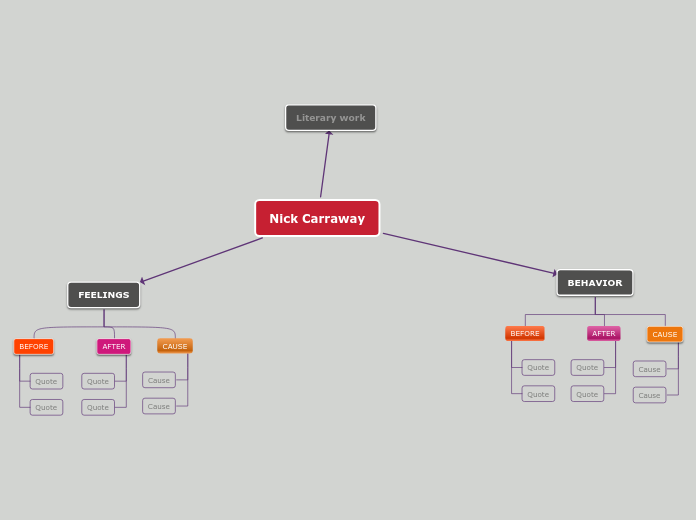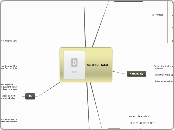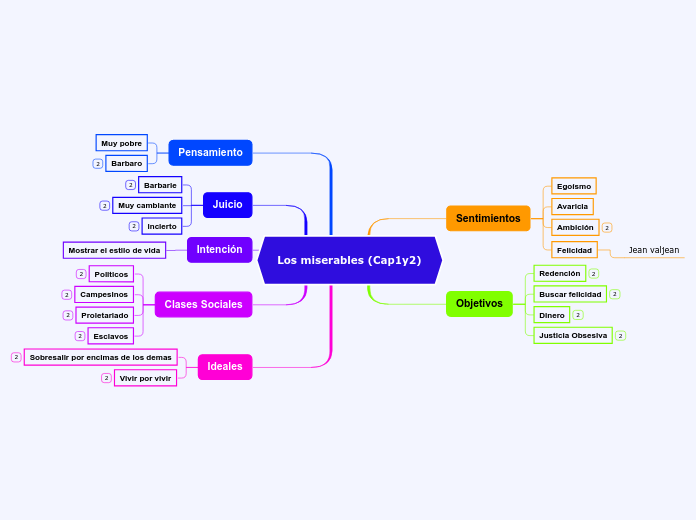jonka esha mann 6 vuotta sitten
1683
Thank You Ma'am - Roger
Roger’s behavior towards Mrs. Jones highlights his underlying guilt and remorse, suggesting he is not inherently a bad kid despite his attempt at theft. The absence of bravado and his non-defensive reaction to being caught indicate that such actions are not habitual for him.









